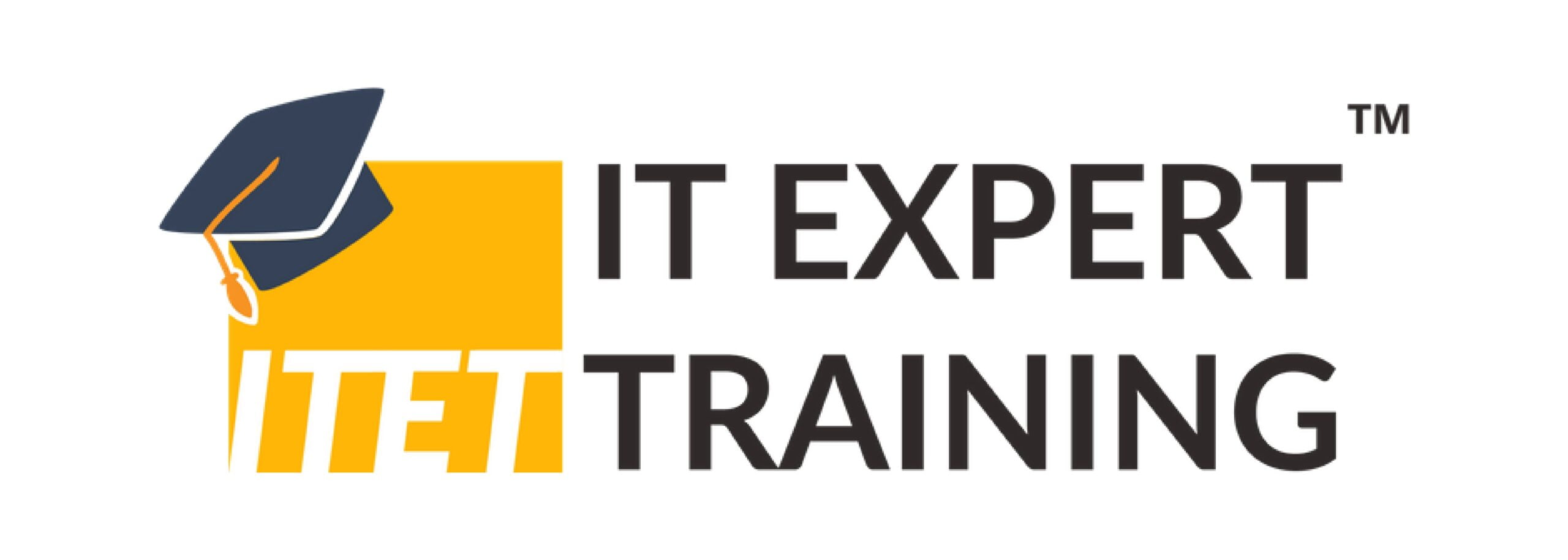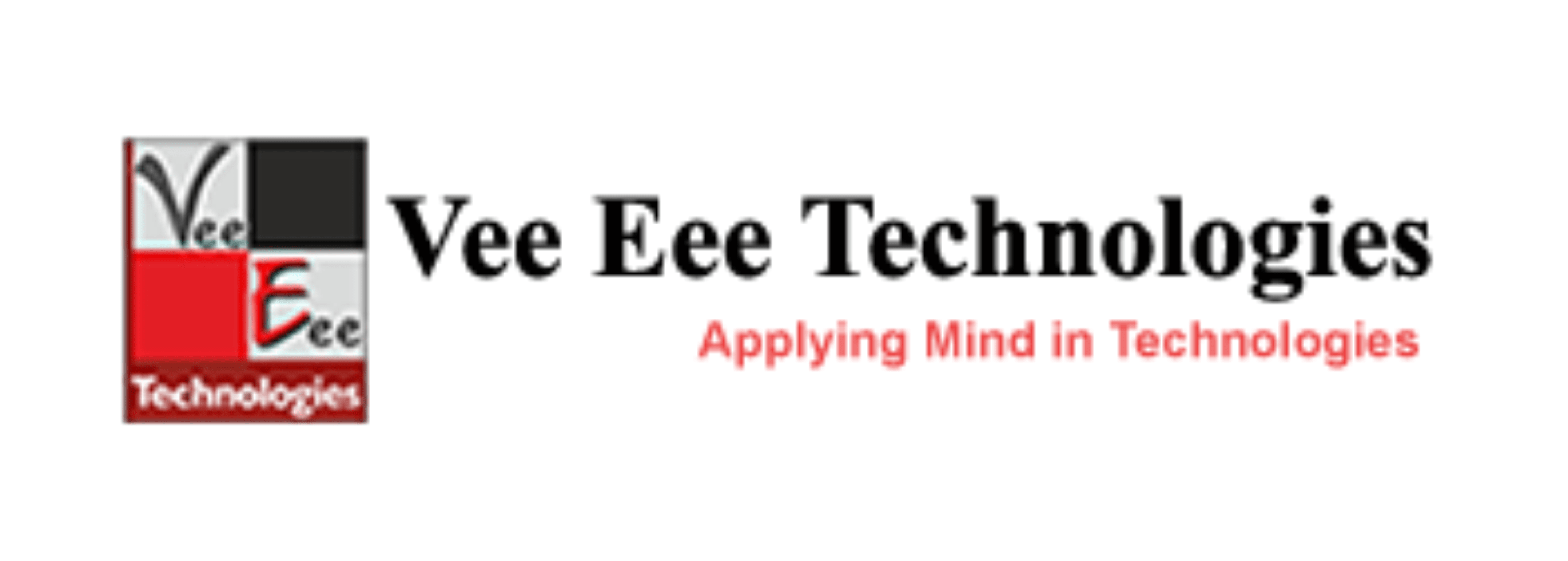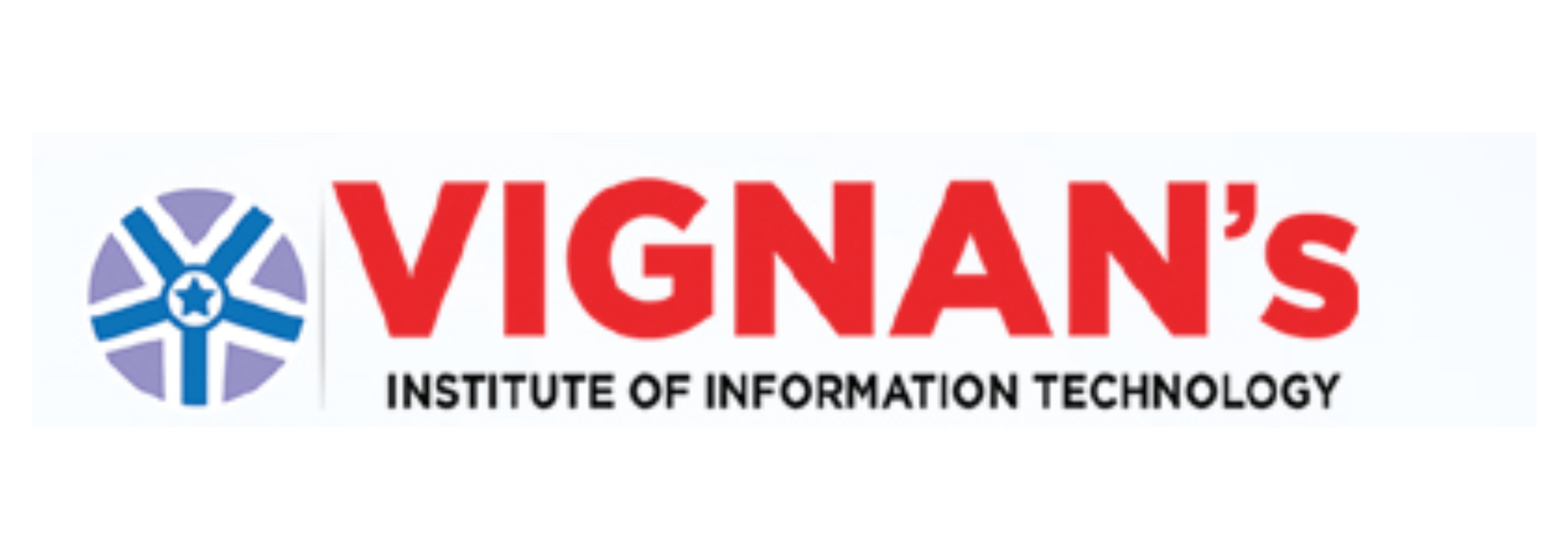PO1. Engineering Knowledge
Apply the knowledge of Mathematics, Science, Engineering fundamentals and an Engineering Specialization to the solution of Complex Engineering Problems
PO2. Problem Analysis
Identify, formulate, research literature, and analyze complex engineering problems reaching substantiated IT enabled conclusions using first principles of mathematics, natural sciences, and engineering sciences.
PO3. Design/Development of Solutions
Design solutions for complex engineering problems and design system components or processes that meet the specified needs with appropriate consideration for the public health and safety, and the cultural, societal, and environmental considerations.
PO4. Conduct Investigation of Complex Problems
Use research-based knowledge and research methods including design of experiments, analysis and interpretation of data, and synthesis of the information to provide valid conclusions.
PO5. Modern Tool usage
Create, select and apply appropriate techniques, resources and modern engineering and IT tools including prediction and modeling to complex engineering activities with an understanding of the limitations.
PO6. The Engineer and Society
Apply reasoning informed by the contextual knowledge to assess societal, health, safety, legal and cultural issues and the consequent responsibilities relevant to the professional engineering practice.
PO7. Environment and Sustainability
Understand the impact of the professional engineering solutions in societal and environmental contexts, and demonstrate the knowledge of, and need for sustainable development.
PO8. Ethics
Apply ethical principles and commit to professional ethics and responsibilities and norms of engineering practice.
PO9. Individual and Team work
Function effectively as an individual, and as a member or leader in diverse teams, and in multidisciplinary settings.
PO10. Communication
Communicate effectively on complex engineering activities with the engineering community and with society at large, such as, being able to comprehend and write effective reports and design documentation, make effective presentations, and give and receive clear instructions.
PO11. Project Management and Finance
Demonstrate knowledge and understanding of the engineering and management principles and apply these to one’s own work, as a member and leader in a team, to manage projects and in multidisciplinary environments.
PO12. Lifelong Learning
Recognize the need for, and have the preparation and ability to engage in independent and life-long learning in the broadest context of technological change.
 Overview
Overview Vision
Vision Mission
Mission

















































